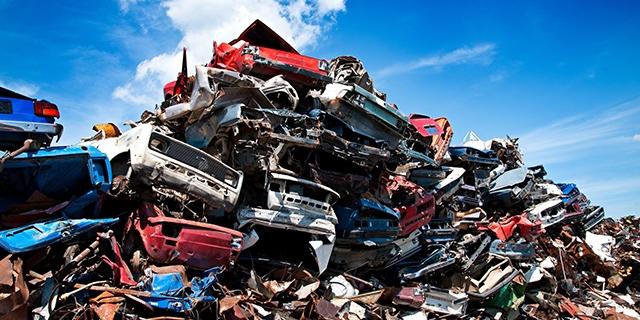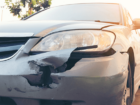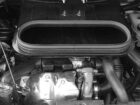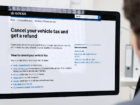Sometimes, scrapping your car is the only option — whether it’s been involved in an accident and can’t be repaired or if you’ve simply run it into the ground. However, there are strict rules about scrappage so here’s what you need to know about how to scrap a car.
Where can I get my car scrapped?
The actual process of scrapping your car is fairly straightforward but there are rules you need to follow about where you go to get it scrapped.
Legally, only an authorised treatment facility (ATF) can scrap your car. ATFs are more commonly known as scrap yards or breaker’s yards.
ATFs must be licenced and be approved by the Environment Agency or the Scottish Environment Protection Agency. Taking your car to an ATF is usually free.
How to scrap your car without keeping any parts
Scrapping your car without keeping any parts is the simplest option. To do this, you’ll need to:
- Apply to keep a private number plate if you have one (and want to keep it). You can do this at GOV.UK, private number plates.
- Arrange to take your car to an ATF, you can find your nearest one at GOV.UK, find a vehicle scrapyard.
- Give the ATF your car’s V5C logbook but keep the yellow section. This is the section titled: ‘Sell, transfer or part-exchange your vehicle to the motor trade ‘.
- Tell the DVLA you’ve taken your car to be scrapped. You can do this online at GOV.UK, scrapped your vehicle or or it’s been written off. If you don’t let the DVLA know you can be fined £1,000 so it’s important not to forget.
If you don’t want to find an ATF yourself, there are numerous car collection firms who will organise scrappage on your behalf. Two examples include Reward Recycling and Car Take Back who are both official partners for a number of car manufacturers.
How to scrap your vehicle and keep parts from it
If you prefer, you can remove parts from your car before it’s sent for scrap — for example if you want to use them to fix another car. The overall process is the same as if you were scrapping it without removing parts.
The only extra step you need to take is to arrange a SORN (statutory off road notification) while you remove parts from your car.
The ATF could also charge you a fee if you’ve taken any parts of value, for example the engine, gearbox or wheels.
Remember to let the DVLA know your car’s been scrapped or you risk being fined.
How to scrap your car if it’s an insurance write-off
If your insurer’s declared your car a write-off they’ll normally arrange for it to be scrapped. To do that, you’ll need to send your V5C logbook to your insurer but keep the yellow section (titled Sell, transfer or part-exchange your vehicle to the motor trade).
If you have a private number plate you want to keep, you’ll need to arrange this yourself. It’s also your responsibility to let the DVLA know that your car’s been written off.
Can I get money for scrapping my car?
If you take your car to an ATF, you’ll get paid its scrap value. Bear in mind that it’s illegal for ATFs to pay you in cash and any money you’re owed should be paid by bank transfer or cheque.
Alternatively, you can donate your car to a charity who will collect your car, organise scrappage and take the scrap value as a donation. In some cases you can even choose which charity the money goes to. Charities offering this service include Charity Car and Give a Car.
What happens when I hand my car over to be scrapped?
When you hand your car over to an ATF, it’s up to them to decide what they do with it. They’ll either scrap it completely or fix it and sell it on.
If it’s scrapped you’ll get what’s called a certificate of destruction (CoD) within seven days. It’s crucial to make sure you get the CoD as this proves you’ve handed the vehicle over for scrap. If you don’t have it, you could still be held responsible for vehicle excise duty (car tax) and any motoring offences committed in the car.
If the ATF decides to sell your car on, you won’t get a CoD. You can also be paid for your car by any method, including cash.








